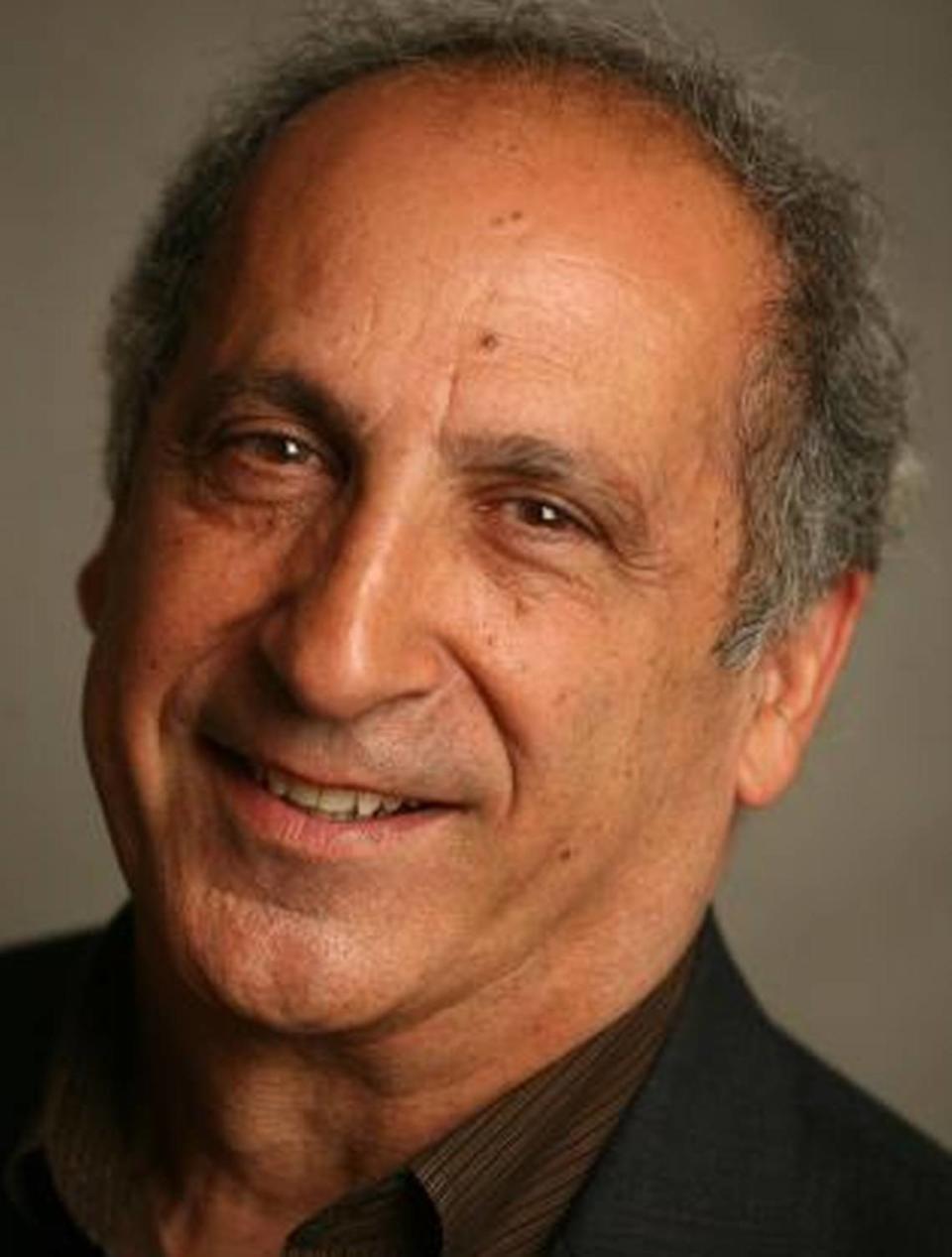Religion has become a powerful hammer driving a wedge between ‘us’ and ‘them’ | Opinion
Democracy is under assault every day. Journalists are called enemies of the people. Judges are threatened by vicious tweets. Those who try to sustain government institutions are arbitrarily fired when they challenge the president. Dissenting governors and mayors face political blackmail from the White House. Violence against dissenters is as real as the cars plowing into peaceful demonstrators, or badge-less federal “agents” in desert camouflage battling demonstrators on urban streets. The science on public health and climate change is demeaned.
A deadly pandemic is fitting punishment for globalization because, we are told, elements from other countries, like “Kung Flu” and Latino migrants, bring death. Our democracy is collapsing under the weight of those who seek its end.
This stunning attack is fueled by an unmistakable seething anger that is symptomatic of two broad trends threatening liberal Western democracies. One is a righteous, populist anger over the state of the nation and the perception that the twin tyrannies of economic globalism and cultural pluralism are subjugating the American way of life. This union of nationalism and populism cultivates a belief in divisions between “us” and “them,” patriotic people living in their own country joining in fierce opposition to the globalist elite.
They are the people who see themselves as deeply American yet forgotten, a virtuous, struggling and hard-working majority arrayed against the corrupt, self-serving status quo that’s consumed with political correctness and indifferent to their suffering and humiliation. They are the majority, “people like us,” who share values and history grounded in what they believe is the authentic American culture. They must defend national purity and protect it from institutions and foreign intruders that would rob them of their way of life: globalists, multi-national companies, immigrants who take their jobs, Muslims, “foreign” ethnic groups, and what some commentators seek to portray as “cosmopolitan” Jews and Black Americans who, ironically, are told to go back to Africa.
This deep anger is fueled by a resurgence of religion as a national identity marker, more than a century after Nietzsche declared that “God is dead.”
Faith, in fact, is one of the most potent mobilizing tools of those committed to undermine liberal democracy. Reactionary politicians foment a seething rage over the idea that the Christian religious identity of the majority of Americans is being asked to share the wholesome national heritage with an ever-more diverse population. At the core of their American narrative is the notion that the United States was founded by white Christian pilgrims building a new Jerusalem, one that God will continue to bless if only it is not polluted by alien and degenerate cultures. This storyline is not about religion or faithful obedience to God, but wedding a memory of religious identity to a narrow populist, anti-globalism nationalism.
For four years, President Trump has played the religion card, fueling the deep sense of loss — both economic and cultural — experienced by many conservative Christians. While few would claim that the president is a faithful Christian, he nonetheless presents himself as a messianic hero who will return America to the purity of its Christian roots, a world where no one was gay, where Jews and Muslims knew their inferior place, racism was sanctioned and non-white ethnic groups accepted their subservient position. A nation where the sanctity of a woman’s body was controlled by men.
There are many faithful Christians whose religious convictions lead them to political choices and policy proposals with which liberals may strongly disagree, yet they are still allies in defending democracy. But Trump, of course, is not about religion or a healthy democracy. Players such as Trump, who held aloft a Bible he is unable to quote, use zealous white Christian religious identity as fuel to undermine democracy.
The coming election is not only about any particular issue, whether LGBTQ rights, Black Lives Matter, women’s reproductive autonomy, health policy or climate change, crucially important as they are. It is about the survival of democracy itself. The battle to defend liberal democracy must not be deflected by endless policy debates, economic concerns, or even the pandemic. If we fail, then the America we know will not last.
That, in the end, is the paramount issue for voters to consider when they vote this November.
David Elcott is a professor at NYU Wagner and the author of Faith, Nationalism and the Future of Democracy to be published by Notre Dame Press


